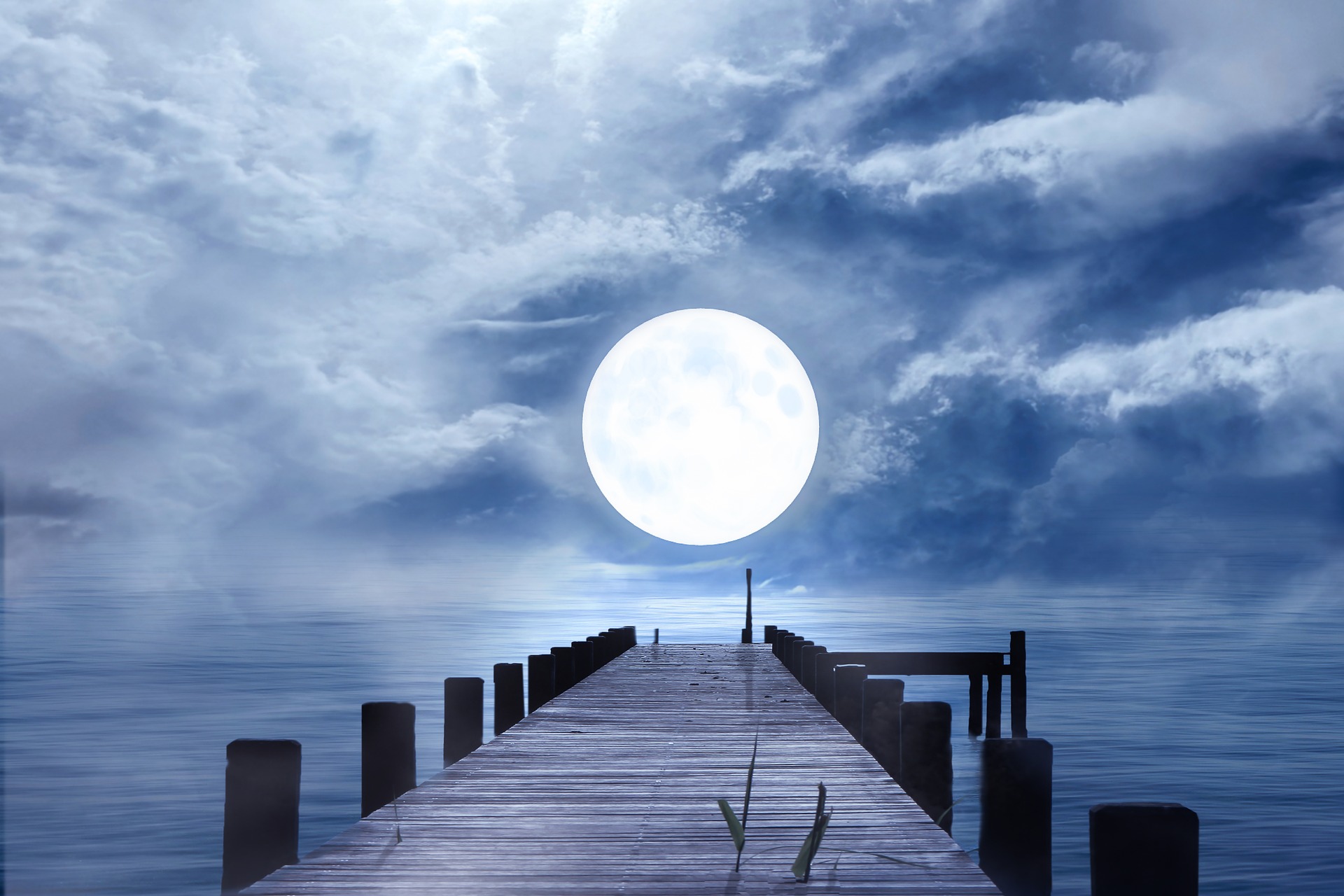n the middle of a pandemic, sleep has never ever been more important-- or more evasive. Studies have actually shown that a complete night's sleep is among the best defenses in securing your immune system. However because the spread of COVID-19 started, people all over the world are going to bed later on and sleeping worse; tales of frightening and vivid dreams have actually flooded social networks. To combat insomnia, people are relying on all sorts of techniques, including anti-insomnia medication, aromatherapies, electronic curfews, sleep coaches and meditation. However another unlikely sedative has actually also seen a spike in usage around bedtime: music. While sleep music utilized to be confined to the fringes of culture-- whether at progressive all-night performances or New Age meditation sessions-- the field has sneaked into the mainstream over the past decade. Ambient artists are teaming up with music therapists; apps are churning out hours of brand-new material; sleep streams have risen in popularity on YouTube and Spotify.
And because the effects of the coronavirus have upped the anxiety of life, artists' streams and health app downloads have soared, forming bedtime routines that could show enduring. At the same time, scientists are diving much deeper: in September 2019, the National Institute of Health awarded $20 million to research jobs around music treatment and neuroscience. As the field expands, professionals envision a world in which scientifically-designed albums could be just as effective and typically utilized as sleeping pills. Sleep and music have been linked for centuries: a creation myth of Bach's Goldberg Variations includes a sleep deprived Count.

More recently, a Western fascination with sleep music reemerged in the '60s, when speculative minimalist authors like John Cage, Terry Riley and members of the Fluxus collective began staging all-night performances. Riley was motivated by Eastern mysticism and all-night Indian classical music events, and intended to provoke rather than soothe: "It seemed like a great alternative to the regular show scene," he stated in a 1995 interview.
One of the acolytes of this scene was Robert Rich, who, as a Stanford student in 1982, staged his first "sleep performance" to about 15 dozers. His audience settled into their sleeping bags in a dormitory lounge while Rich created drones with a tape echo, a digital delay and a spring reverb for 9 hours. "I was interested by the idea of using music for trance-inducing purposes," he informs TIME. "The intent was not to make music to sleep more deeply, however to enhance the edges of sleep and explore one's consciousness." William Basinski also approached sleep music through the lens of minimalist experimentation. At the time, Basinski was dabbling generative music and feedback loops-- music that unfolded gradually over hours. Initially, there was little interest in his work beyond his Brooklyn bubble. "I would have loved if people got more what I was doing-- however it took a long time," he states. "But it allowed me to fall in and out of time-- to get some peace, vision."
While Rich, Basinski and others pressed the bounds of convention, others got in the sleep music space for more practical reasons. The electronic artist Tom Middleton had actually developed lulling ambient music as a member of Global Communication and and other bands in the '90s, but had never ever seriously thought about the connection in between sleep and music till he developed insomnia after years of exploring the world and partying all night. "My sleep was quite screwed up, and it was affecting all parts of my life," he stated. "I wanted to train as a sleep science coach to understand it better and to see if I could hack my own sleep. When Meditation & Relaxation Music For Sleep Middleton studied sleep science and began dealing with neuroscientists, he discovered that the advantages of music on sleep weren't simply spiritual, however based on empirical evidence. Studies have found that relaxing music can have a direct impact on the parasympathetic nerve system, which assists the body unwind and get ready for sleep. One trial in a Taiwan health center found that older adults who listened to 45 minutes of relaxing music before bedtime fell asleep faster, slept longer, and were less prone to getting up during the night.

Barbara Else, a senior advisor with the American Music Treatment Association, has actually dealt with victims of a number of catastrophe scenarios, consisting of Hurricane Katrina, and seen how music can play a crucial role in quelling racing thoughts and establishing sleep routines. "We aren't medicine or a cure, but we help progress towards a better sleep quality for people in pain or anxiety," she states. "We can see respiration rate and pulse settle. We can see high blood pressure lower."